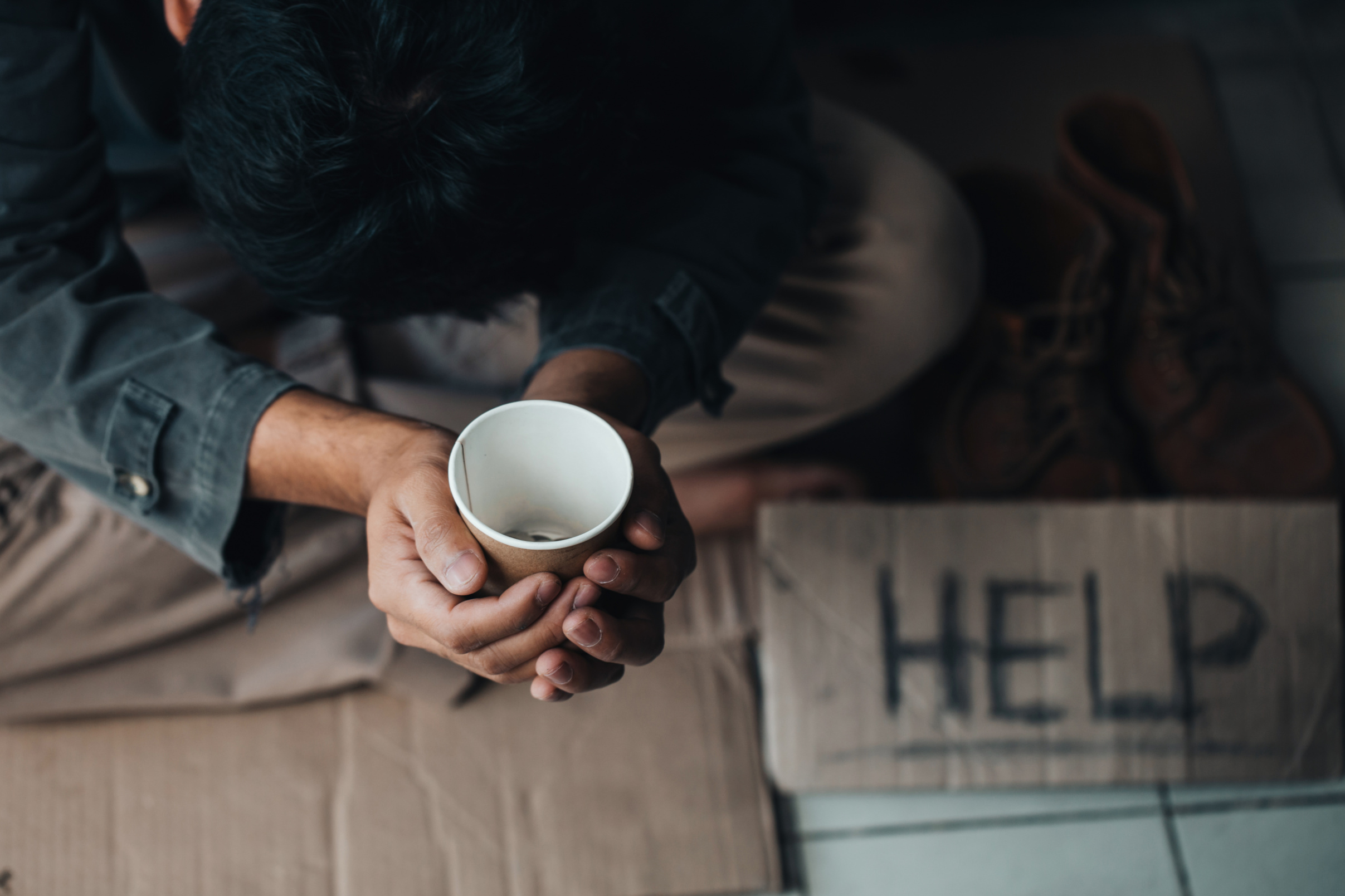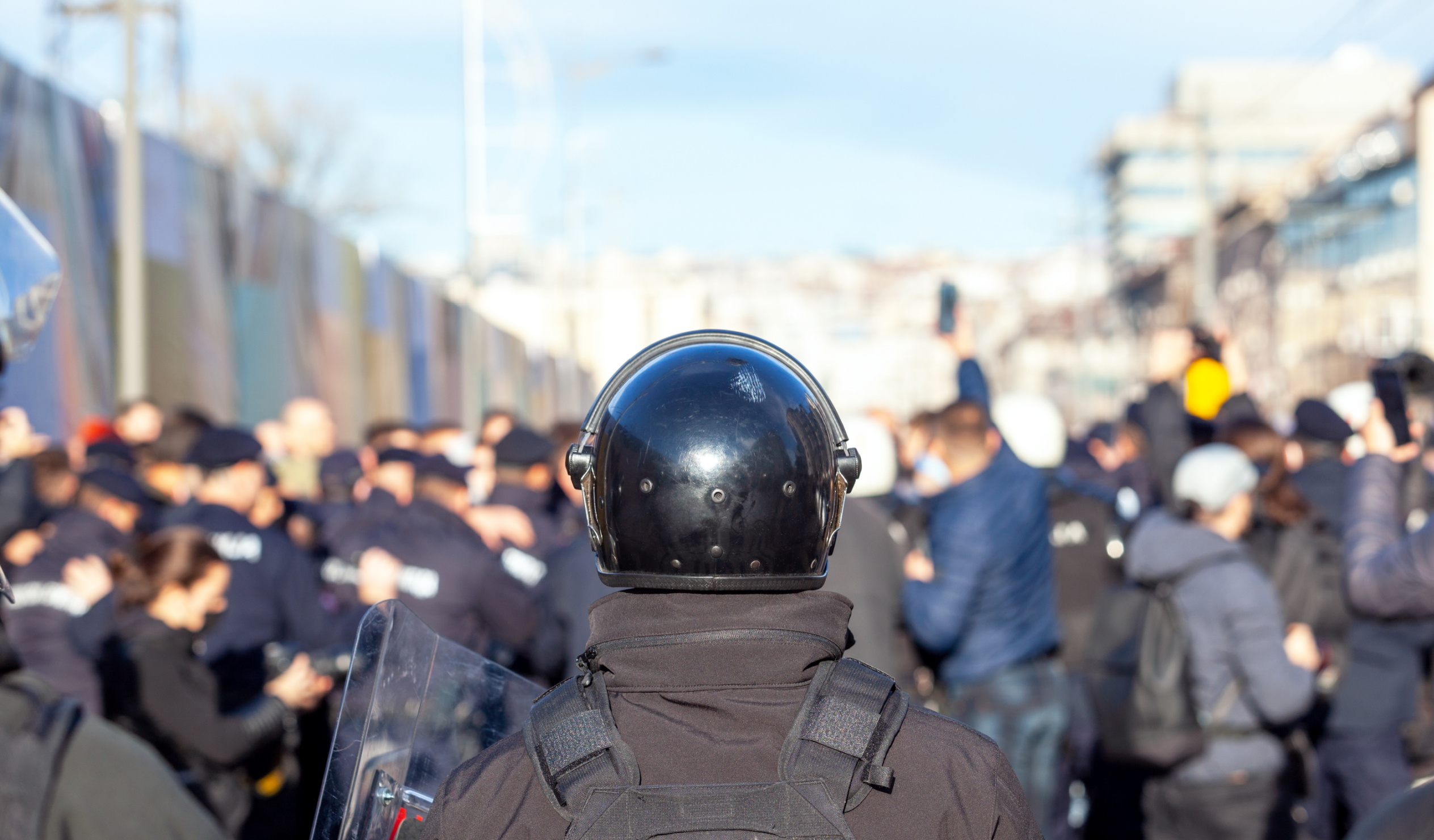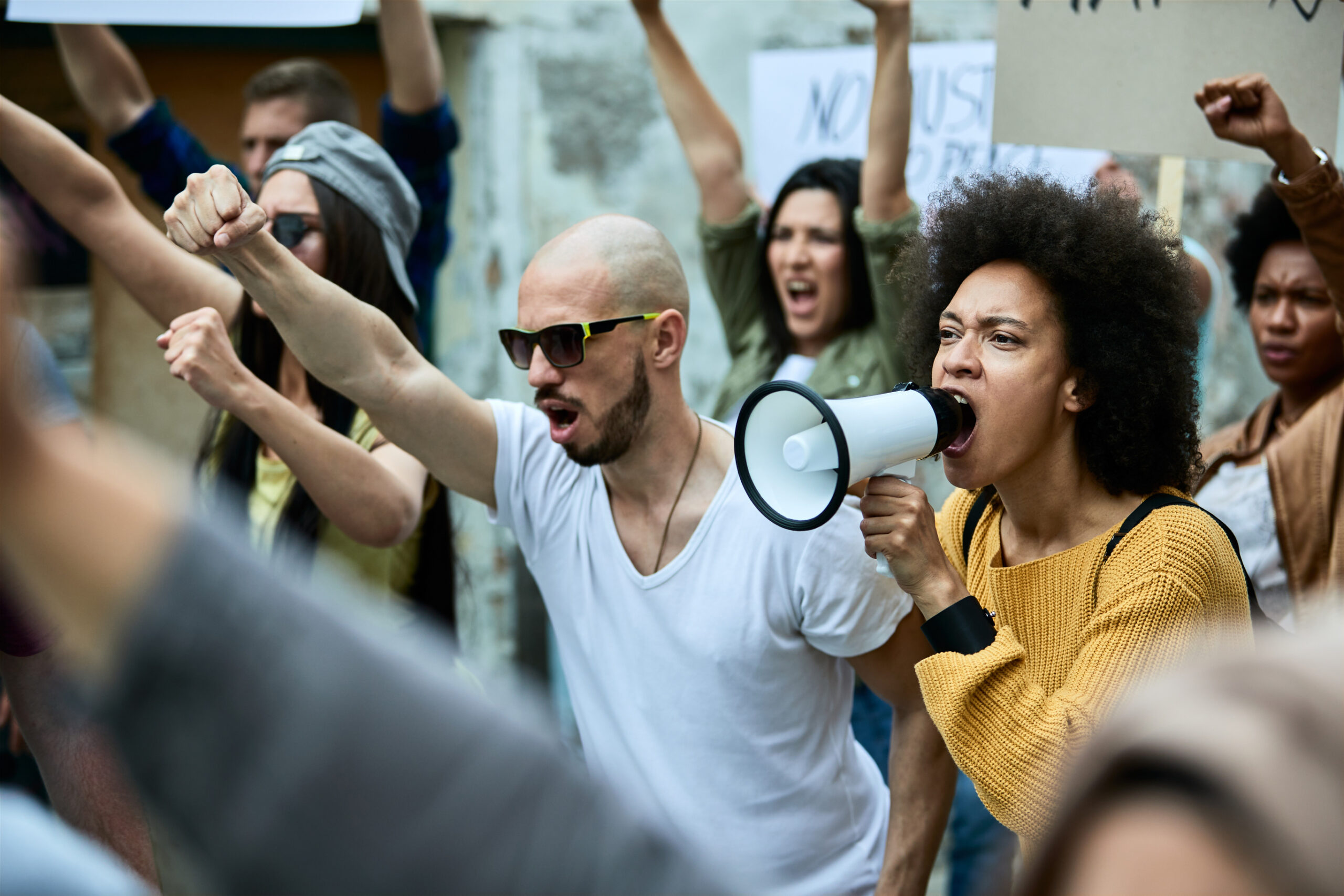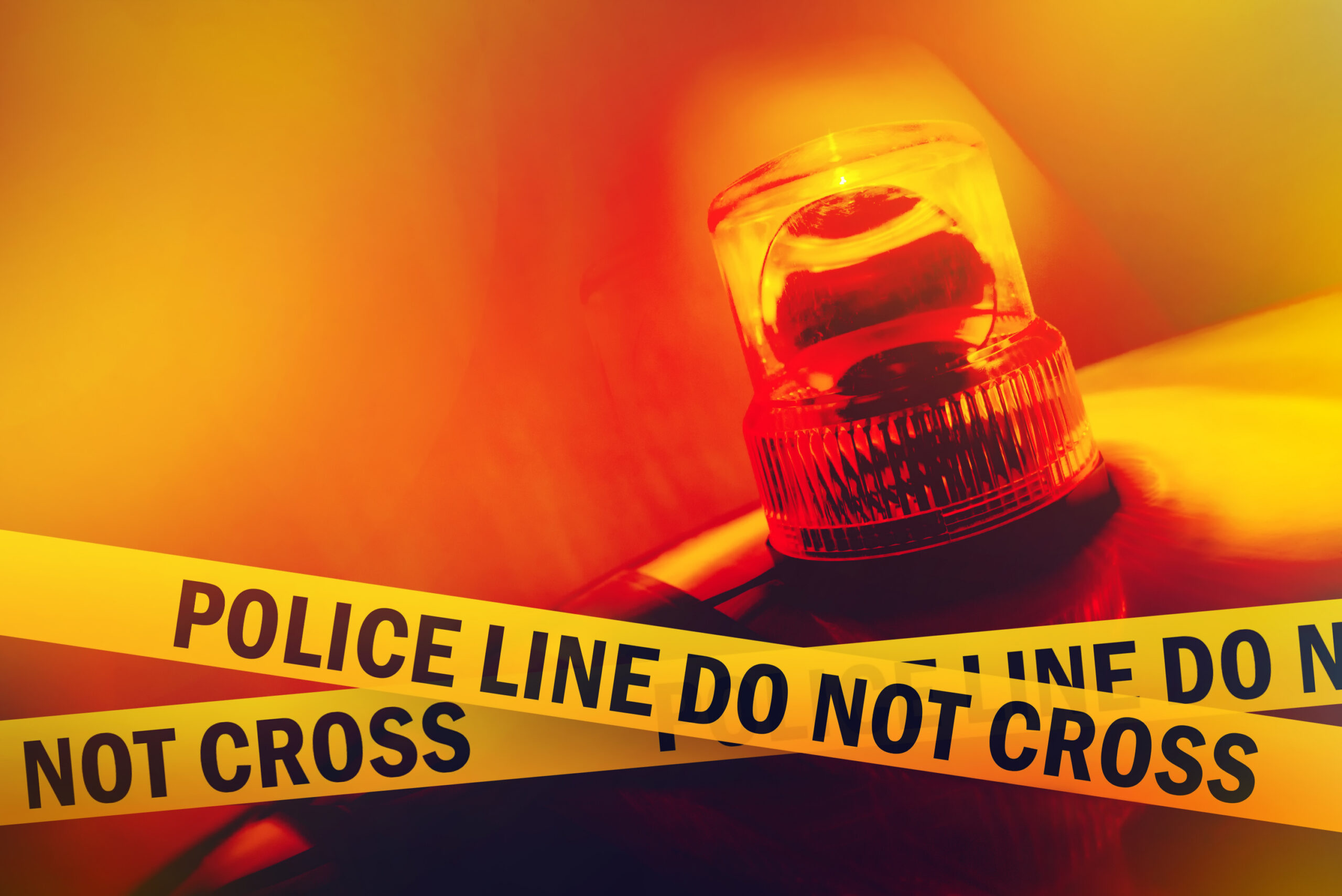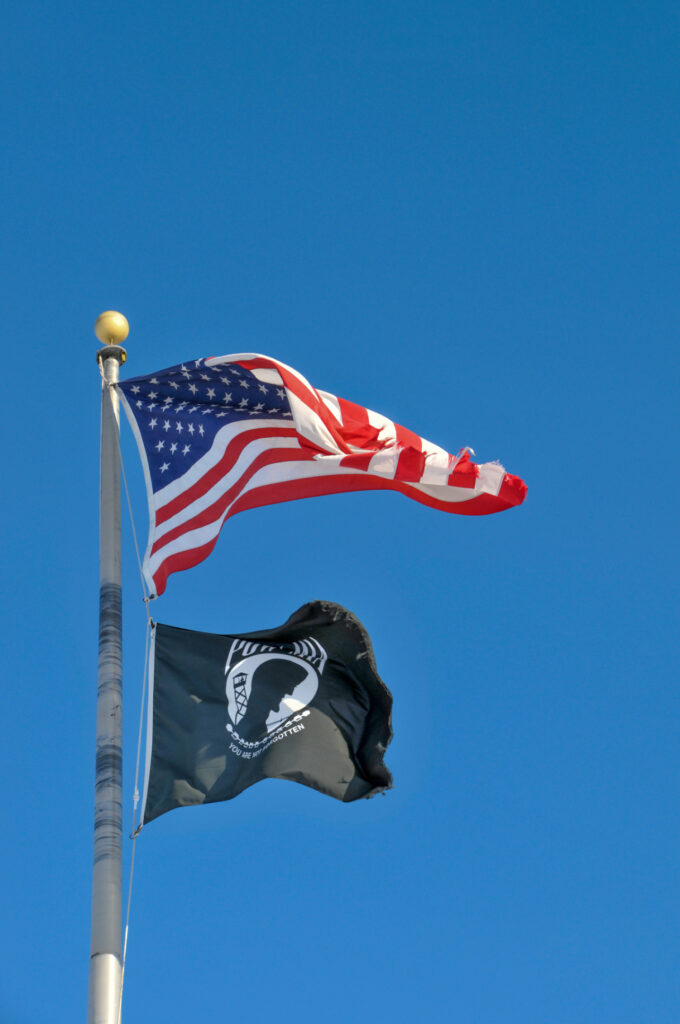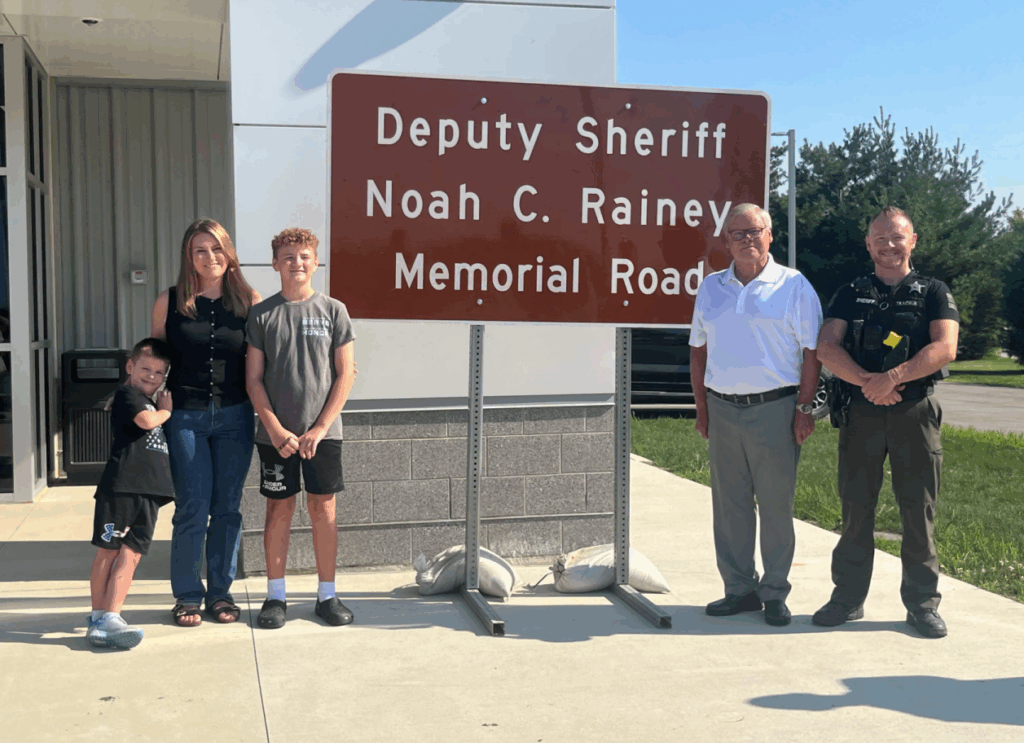More Cops Die by Suicide Than in the Line of Duty—Who’s Protecting Our Protectors?
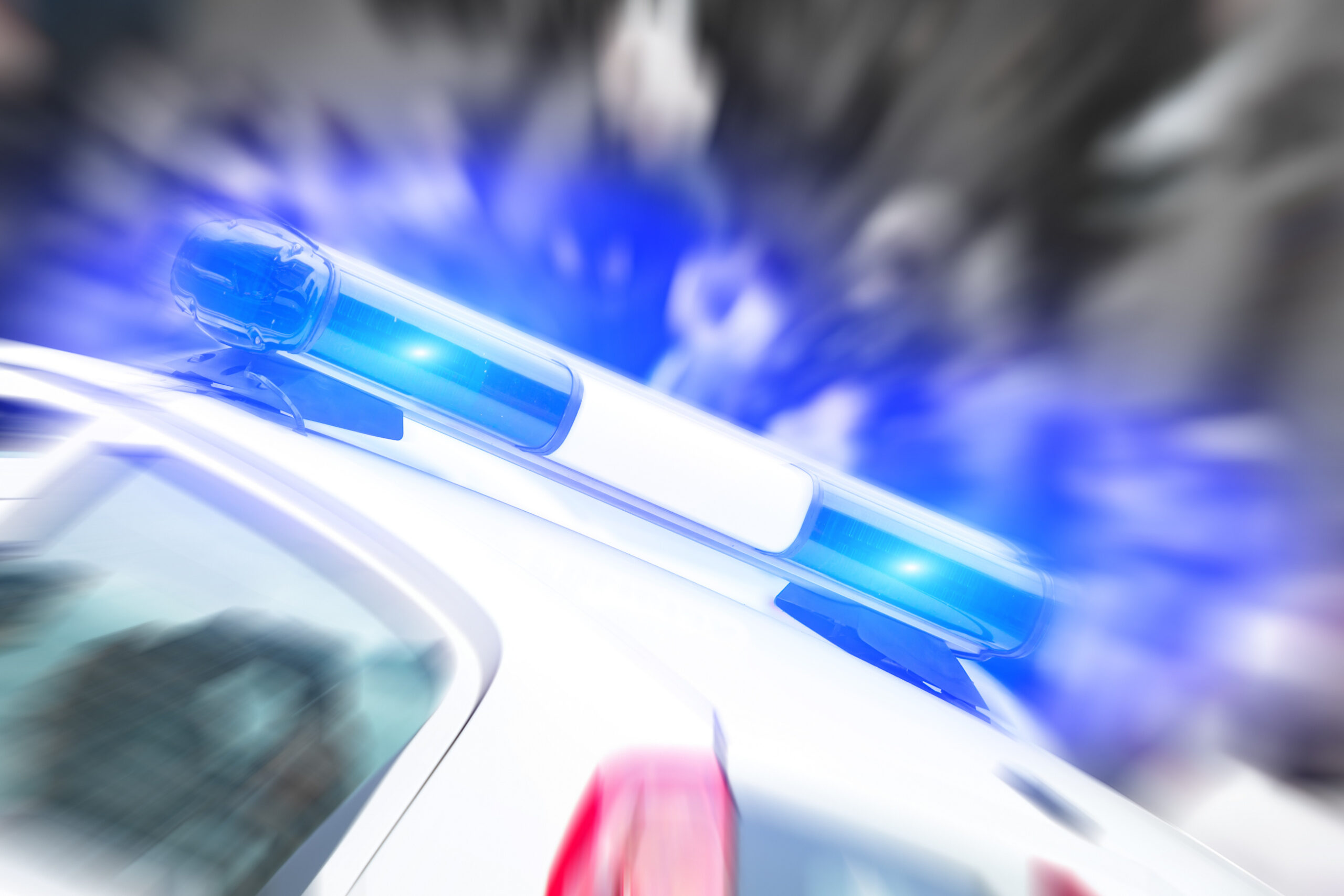
Over the course of the last several years, more reports of law enforcement suicides have surfaced, which I believe the heightened exposure is a by-product of the reporting of our military veterans’ high rate of suicides since the early days of the Iraq and Afghanistan Wars as they return and try to assimilate back into society. Police and Military work are very similar at times. While police officers don’t experience continual combat situations, thankfully, they do face extreme dangers and witness tragic incidents on the daily that no one else in our society does or is even aware of, save one other group, firefighters. But even our heroes in the Fire Service aren’t exposed to the constant barrage of human depravity that police officers are. We see many of the same things, but there is a great deal more of it in law enforcement.
In order to explain more of this I will be a little self-serving and say that I have covered much of this in my book, The Real Greatest Show on Earth, and was addressed by my good friend and mentor in the Crisis Intervention Team (CIT) program, which trains officers to handle the constant demand of other people’s issues with mental illness, but who helps with ours?
Police officers are immersed in the worst of what society has to offer. We go from call-to-call handling anything from a minor traffic crash to a domestic dispute to a burglary case to an alarm call to a shop-lifting call to a gang-fight to a barking dog call, have a meal or coffee break, then go to a shooting or to a fatality crash with horrific injuries to a robbery or a person threatening suicide or just someone off their meds, and to a deceased person call either of natural causes or a homicide, all in one shift! See where I’m going with this? Police are slammed with anything and everything that people can do to themselves and to each other, which I call in some cases, Stupid Human Tricks. It’s constant and never-ending.
Some our personnel see more of this than others. Case in point; a Homicide Detective will handle all types of death investigations, a Robbery Detective will handle robberies with or without injuries, Sexual Battery Detectives will investigate rapes and some specialize in child abuse and exploitation cases (really bad), General Investigation Detectives will handle a variety of assaults and batteries with terrible injuries but short of a killing. But the Crime Scene Investigations officer will process ALL of these detectives’ scenes day in and day out! So they are subjected to every type of tragedy and crime much more than most, but that doesn’t diminish what all of us see. My brother Pete was one of those crime scene investigators; the real CSI-Miami, but he didn’t wear a blazer or drive a HUMMER. He wore a polo and cargo pants, and it was dirty, sweaty work, and he saw EVERYTHING! Want to read some tragic stories? See his stories in my book. You’ll be shocked!
Police are exposed to thousands of traumas during their careers, whereas the average person may suffer a couple in their lifetime. That takes a toll, and then we add on to this the administrative stress that comes from command and supervisors. While nothing is 100 percent, many who ascend the Ivory Tower cause a myriad of headaches for the troops, and don’t care, even though they were once one of the worker bees. I often found that we had more stress inside the station than on the street. I thrived on the street, and it never got to me. I like others, had those calls that affect you for the moment, but I didn’t suffer the long-term effects that some others have, except for being an occasional asshole, but that comes with the job.
Another issue that affects cops is the loss of title and authority when they retire, or have to leave the job due to injury, scandal, or perhaps are involved in something criminal and are now shamed. The results can be the same. The officer no longer has standing in the community, and their identity has been stripped away. Divorce is another big contributor to the stress officer’s experience. Been divorced? Then you know what I’m saying. Failed relationships and perhaps the estrangement from one’s children. This is quite difficult for most to take.
So, how do we, fire, and the military cope with these day-to-day stressors? We drink! Alcohol is the Number-1 drug we turn t,o hands down. This was so prevalent that in my early days of the 1980s, we would hold what we called Choir Practice after shift. For us at Miami-Dade Police, we would gather behind the stations on Friday & Saturday nights at the end of shift for pizza and beer. This is where we would blow off steam from the night’s events and vent to each other. Generally, a healthy practice for most, and it never went further than that. But some started drinking and from then on couldn’t stop, and alcoholism took hold. Down the rabbit hole they went, and bad things happened. Divorce was a big one, and unfortunately for some, suicide.
Many in the Big-3 professions I keep referring to can’t reverse this spiraling and don’t know how to. Some get help, i.e., professional counseling, either voluntary or mandated by the agency, but this has a stigma all its own. No one wants to admit they “needed help.” It shows weakness, and we are not about being weak. We have to be strong and take care of everyone’s problems but our own. This is deadly for some of us.
My friend and mentor I mentioned earlier, Habsi Kaba, MS MFT CMS, who is the director of the CIT-Miami-Dade and Police Mental Health Collaboration – 11 Judicial Circuit – Criminal Mental Health Project. A mouthful, but a very important position. She has trained nearly 10,000 officers in Miami-Dade County on how to handle everyone else’s mental health issues, but here is what she wrote about us in her excerpt for my book:
What about the Blue?
This brings me to the most rewarding part of my job and my purpose. As a Marriage and Family Therapist and a Mental Health Professional, I am frequently reminded that many of those who serve and protect others are guilty of self-neglect. Whether it’s stigma, pride, culture, or the overwhelming feeling of “I don’t have time,” they abandon their own needs. I love the scene in one of the Superman movies where Superman sweeps Lois Lane into his Herculean arms and ascends into the sky. Noticing Lois’ fear and hesitation, Superman says, “Don’t worry, I’ve got you!” Lois then responds, “But who’s got you?” How great is that! I play this scene at the beginning of each CIT Officer Wellness segment and can’t help but wonder…who’s got you, my dear Officer? You should see the look of wonder in their faces. It’s a powerful and enlightening moment. We have to take care of those that take care of us, don’t we?
You should also know that behind that badge is a beating heart with emotions. Yes, it’s true, they feel, they are human…And as they feel inside, deep inside, they’re reacting to their environment. Thankfully, their cortisol level protects them by keeping them alert and performing at their best where their training and experience converge; where their reaction to threats and danger results in catching the bad guy, or saving a child, and watching their back and that of their partner. But after that adrenaline high is over, it often results in a crash. And sometimes, brings a flashback or sleepless nights with recurring thoughts of something they saw, heard, or felt; things that no human should ever see or experience. A police officer will see more in one day than most of us will see in a lifetime.
I will never forget that day when I rode with an officer and we responded to a signal “45,” the scene of a deceased person. This was a 40-something-year-old man who appeared to have been dead for at least 12 hours. His skin appeared very white with a tint of blue, and the smell, well…indescribable and unforgettable. I had a hard time going to sleep that nigh,t and that was about 13 years ago…Imagine that that was only one experience! It is said that we are products of our environment. Trauma is real, and this can result in officers being more likely to die by suicide than in the line of duty. Numbers released by Blue H.E.L.P. in January of 2020 show that in 2019, 228 American police officers died by suicide. So, who is protecting our protectors? Who is making sure police officers and all first responders are receiving awareness and the treatment needed? Where are the legislation, policies, and benefits that address first responder mental health needs? How can we expect police officers to take care of others and make split decisions when some or many are dealing with their own mental health issues linked to stigma, fear, pride, lack of a support system, or access to services; sound familiar?
Get the point? I’m not going to dazzle you with all of the statistical numbers. You can find them quite easily with a quick search. This is just one cop’s perspective on what happens to some of us without all of the psychological catch-phrases and medical jargon. Just understand that it is an epidemic for us, fire, and the military. Help is on the way, but it will take a long time to reach those who need it most. Thank a cop, thank a firefighter, and thank a soldier. We quite possibly injure ourselves for you.
RECENT










BE THE FIRST TO KNOW

More Content By
Sgt. (Ret'd) Bert "Maverick" Gonzalez